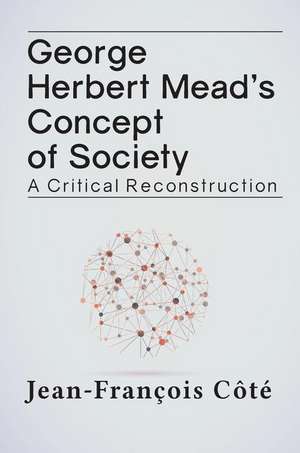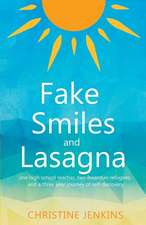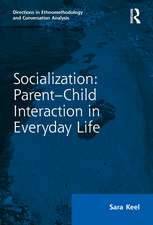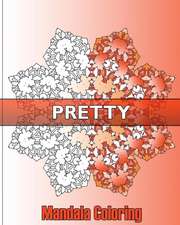George Herbert Mead's Concept of Society: A Critical Reconstruction
Autor Jean-François Côtéen Limba Engleză Paperback – 29 ian 2016
| Toate formatele și edițiile | Preț | Express |
|---|---|---|
| Paperback (1) | 469.34 lei 6-8 săpt. | |
| Taylor & Francis – 29 ian 2016 | 469.34 lei 6-8 săpt. | |
| Hardback (1) | 1325.44 lei 6-8 săpt. | |
| Taylor & Francis – 30 ian 2015 | 1325.44 lei 6-8 săpt. |
Preț: 469.34 lei
Nou
Puncte Express: 704
Preț estimativ în valută:
89.81€ • 93.96$ • 74.60£
89.81€ • 93.96$ • 74.60£
Carte tipărită la comandă
Livrare economică 02-16 aprilie
Preluare comenzi: 021 569.72.76
Specificații
ISBN-13: 9781612058054
ISBN-10: 1612058051
Pagini: 208
Dimensiuni: 152 x 229 x 11 mm
Greutate: 0.45 kg
Ediția:1
Editura: Taylor & Francis
Colecția Routledge
Locul publicării:Oxford, United Kingdom
ISBN-10: 1612058051
Pagini: 208
Dimensiuni: 152 x 229 x 11 mm
Greutate: 0.45 kg
Ediția:1
Editura: Taylor & Francis
Colecția Routledge
Locul publicării:Oxford, United Kingdom
Cuprins
1 Mead’s Concept of Society: A Chronological Genealogy
2 The Ontogenetic and Phylogenetic Processes in Mead’s Concept of Society: A Dialectical View
3 A Topological View of the Concept of Society
4 The Passage from Mead’s Social Psychology to Sociology
5 Mead’s Concept of Society: Communication and Postmodernity
2 The Ontogenetic and Phylogenetic Processes in Mead’s Concept of Society: A Dialectical View
3 A Topological View of the Concept of Society
4 The Passage from Mead’s Social Psychology to Sociology
5 Mead’s Concept of Society: Communication and Postmodernity
Notă biografică
Jean-François Côté is professor of sociology at Université du Québec à Montréal. He specializes in sociological theory and epistemology, as well as in sociology of culture, and has a special interest for the study of American societies. He has published, edited, and co-edited several books on these topics.
Descriere
This book offers a new look at Mead’s concept of society, in an attempt to reconstruct its significance for sociological theory. Chapter 1 offers a critical genealogical reading of writings, from early articles to the latest books, where Mead articulates his views on social reform, social psychology, and the gradual theorization of self and society. Chapter 2 pays attention to the phylogenetic and ontogenetic processes at work in both the self and society, by comparing Mead’s social psychology with Freudian and Lacanian psychoanalysis. Chapter 3 brings together all the elements that are part of the structures of self and society within a topological and dialectical schematization of their respective and mutual relations. Chapter 4 is devoted to the passage of Mead’s views from social psychology to sociology, with a critical look at Herbert Blumer’s developments in symbolic interactionism as the presumed main legitimate heir of Mead’s social psychology. Chapter 5 examines how Mead’s general philosophical views fit within the new epistemological context of contemporary society based on communication and debates on postmodernity.



















